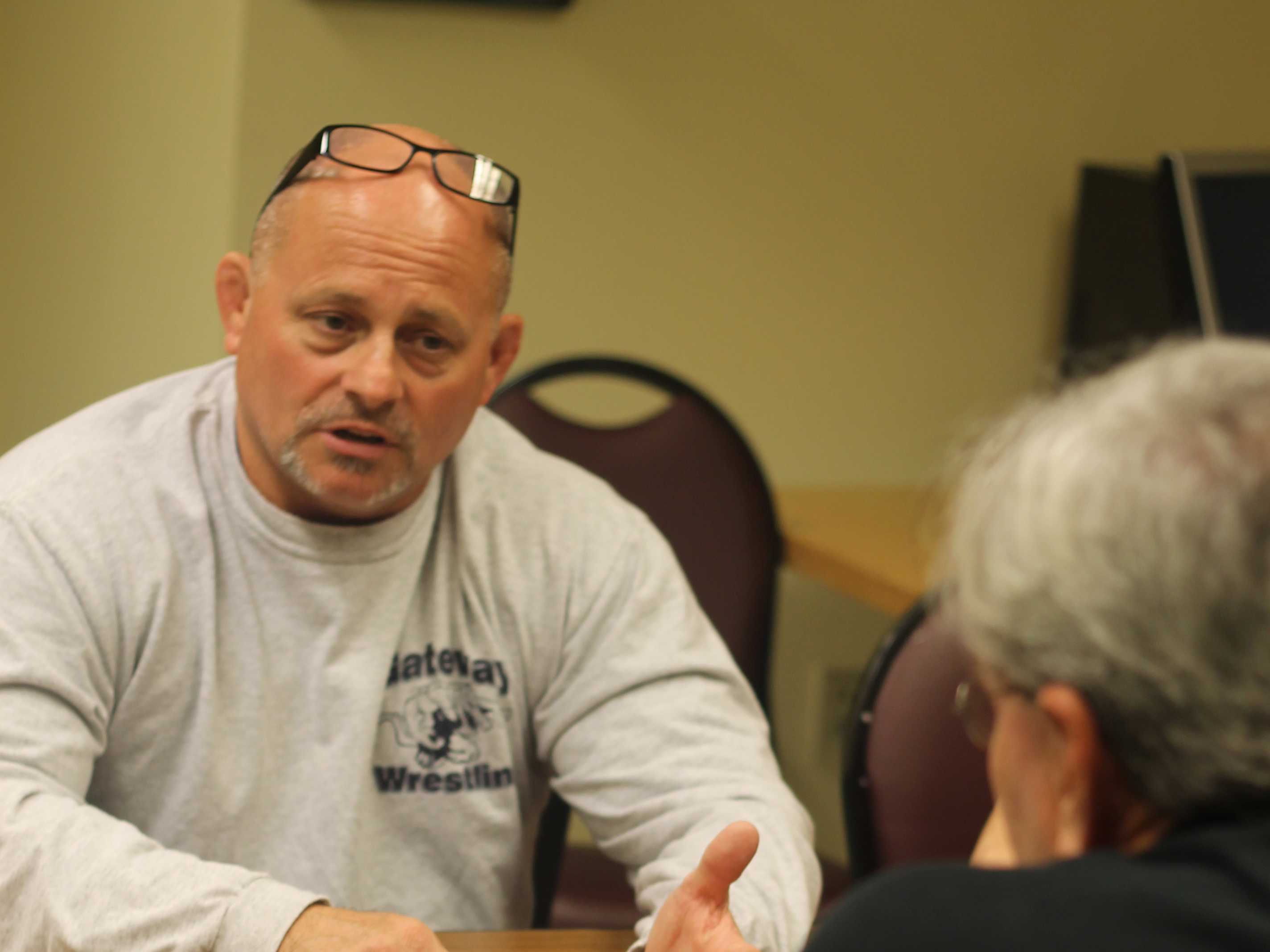You do not have to feel helpless when you find out that a loved one is coping with a life-changing illness or injury. There are many helpful ways to support them — chief among them are your words.
“Your words may be all you can give and words are what stay with us the longest,” says Robbie Miller Kaplan author of How to Say It When You Don’t Know What to Say: Illness & Death.
Everyone means well, but sometimes our words unintentionally make the person with the illness or injury feel worse. We often say the wrong things because we are nervous and uncomfortable. Working as a speech-language pathologist at Magee, I have seen firsthand how my patients can be negatively affected by visitors saying things that are hurtful, even when unintended. Below are some common mistakes, and suggestions for what to say instead.
DON’T say…“Everything happens for a reason.” This might be your belief, but someone dealing with a life changing illness does not want to hear that there is a reason for their health challenge.
INSTEAD, say… “I am so sorry. I love you.”
DON’T say…“I am here for whatever you need.” Most people that are sick are overwhelmed. Asking them to figure out what others can do to help is daunting.
INSTEAD… Just do something! Ideas: drop off food, shovel their driveway, water the garden, take the dog on walks, pick up the kids, pick up their mail, etc. There will be more ideas on gifts for loved ones that are ill or injured in tomorrow’s blog, so stay tuned!
DON’T say…“You look great!” When you say this you are intending to be nice, but the underlying message is “if you look that good you must not be that sick/it can’t be that serious.”
INSTEAD… Give a specific compliment, like, “Your headband is beautiful,” or “Your leg is moving more. Congrats!” If the person looks sickly, do not mention it.
DON’T say…“This will make you stronger. If anyone can beat this, it’s you!” The idea that illness or injury is a character test with recovery as a reward for the strong can be insulting. It also diminishes a person’s feelings of sadness and frustration, which are a normal part of the coping process.
INSTEAD, say… “Tell me what to do to lift your mood and help you on the bad days.” Your loved one may want you to give them alone time, visit them, listen to them vent, or to distract them from their worries by discussing non-illness or injury topics.
DON’T say…“I know how you feel.” Remember that every illness or injury is different for each person. This is not about your experience with the illness or injury. It is about their experience with it.
INSTEAD, say… “This experience sounds challenging.” Then give them a hug.
DON’T say…“I know someone that has ____, too. They are fine now.”
INSTEAD… Do not discuss another person’s situation and compare it to your loved one’s experience. Experiences can be different even with the same diagnosis.
DON’T… Offer unsolicited health or medical advice. This includes vitamins, diet recommendations, and doctor’s names.
INSTEAD… Learn about their illness objectively via credible sources. Tell them you would be willing to pick up books on the subject or research anything.
Tomorrow, we’ll talk about things you can do for loved ones recovering from an illness or injury. In the meantime, we want to hear from you! Are there any other things your loved ones should avoid saying? What should they say instead?









